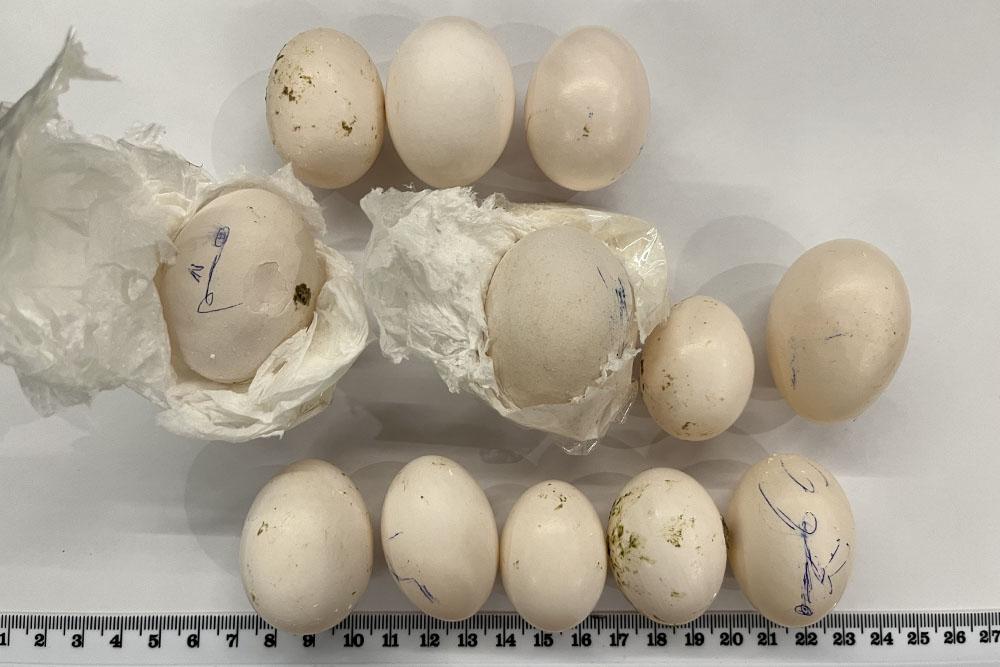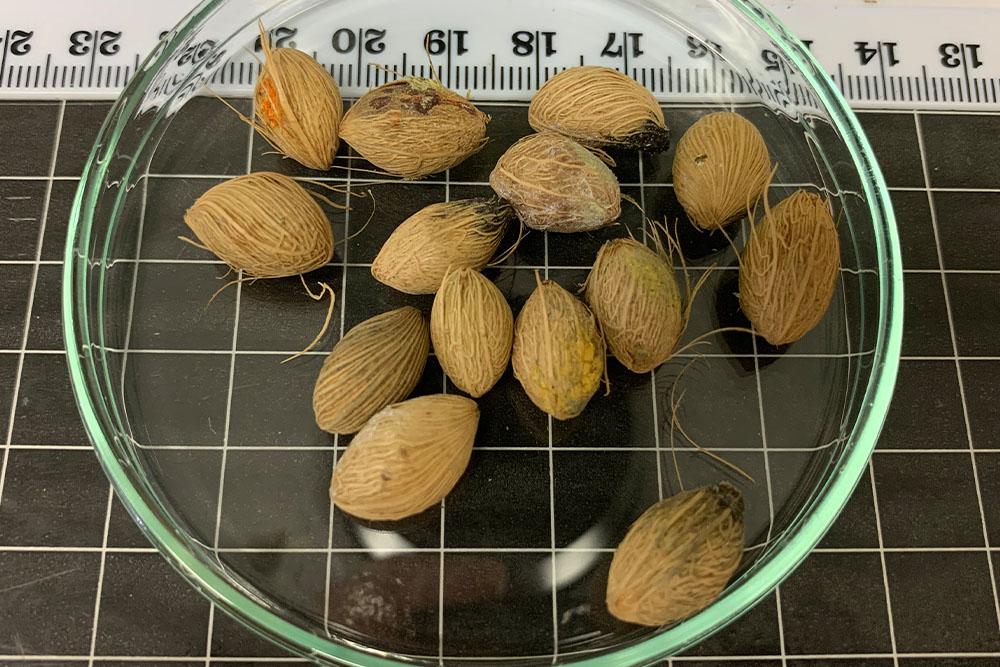The capacity and participation of Aboriginal land managers, rangers and communities in controlling weeds of national significance (WoNS) is now greatly improved in South Australia, following the completion of an Australian Government funded project in April this year.
Led by the Department of Primary Industries and Regions South Australia (PIRSA), the project supported Indigenous communities to increase their skills in best practice weed control, entry and spread, as well as in the latest technologies, tools and biological controls. In addition, the project supported pathways to fee-for-service weed contracts, and knowledge-sharing between Aboriginal and non-Aboriginal groups.
Aided by the successful partnership between PIRSA and Aboriginal land managers, the project saw the release of a newly developed biological control for African boxthorn (one of 32 WoNS). This represents the latest in weed control research methods and helps build capacity for similar releases in the future. Aboriginal groups welcomed biological control as a weed control technique that reduces the need for herbicide and chemical exposure.
The project also involved six best-practice training workshops on herbicide control and biological control methods; three public forums facilitating discussions around weeds of concern; ChemCert accreditation to 20 land managers; three workshops to deliver training in safe chemical use; and the development of Weed Management Plans for Meningie, Point Pearce and Nantawarrina Indigenous Protected Areas. PIRSA also donated six Quik Spray weed units to three participating Aboriginal Corporations and one Indigenous business, to help provide a tangible pathway to future weed contract work.
As a result of this work, Aboriginal communities can better participate in weed control activities throughout South Australia through long-term, sustainable, weed control businesses. Landscape boards and wider government bodies have indicated they will actively engage the Indigenous rangers and groups for paid-contract weed spraying in their regions in the future.
Find out more about this project and others at www.agriculture.gov.au/biosecurity-trade/pests-diseases-weeds/pest-animals-and-weeds/pipeline-program
Source: PIRSA.




